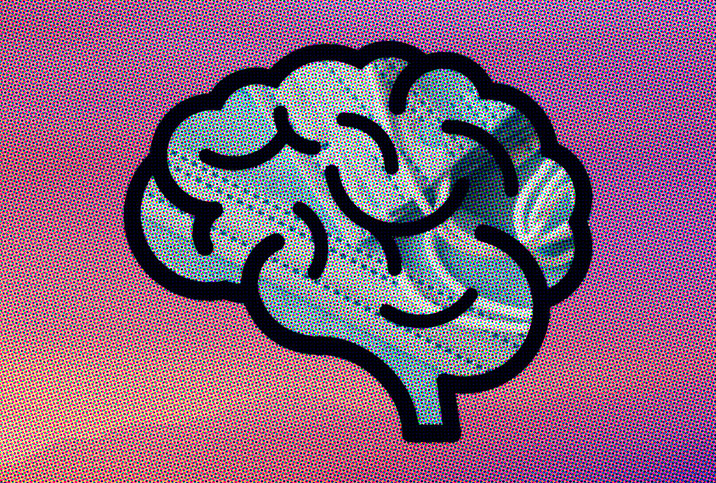COVID-19 Virus Can Live Throughout the Male Genital Tract

Since the early days of the COVID-19 pandemic, researchers have looked at how the SARS-CoV-2 virus affects the male reproductive system. University of Florida Health scientists suggested in a November 2021 study that men with COVID are more than three times more likely to develop erectile dysfunction (ED) than men without it. Another study indicated men with COVID experience decreased sperm health, which researchers attributed to inflammation in reproductive organ tissues, more oxidative stress and higher rates of sperm cell death.
Researchers in China looked at reproductive tissue from men who died of COVID complications early in the pandemic. Their October 2020 study found excessive proteins and other cells that pointed to inflammation, which can affect erectile function and sperm health.
It was assumed the inflammation associated with the virus and its attendant fever was the mechanism contributing to the negative reproductive and sexual outcomes, since inflammation is responsible for so many conditions. New research, while preliminary, points to a different potential cause.
Using rhesus macaques infected with the SARS-CoV-2 virus, researchers at Northwestern Medicine in Evanston, Illinois, attempted to reveal the actual sites of infection in the primates' bodies. Scientists weren't sure what they would find, according to a university press release, but they expected to locate the virus in the lungs and high up in the nose near the brain, which made sense because people infected with COVID were experiencing a loss of taste and smell.
What they found was far more surprising. Whole-body PET (positron emission tomography) scans of the three macaques showed infection where researchers expected it, but also all throughout the genital tract: the prostate, the blood supply (vasculature) of the testicles, the penis and the testicle tissue itself.
"These results indicate that the testicular pain, erectile dysfunction, hypogonadism, reduced sperm count and quality, and decreased fertility associated with SARS-CoV-2 infection are a direct consequence of infection of cells of the male reproductive tract and not indirect mechanisms such as fever and inflammation," said lead investigator Thomas Hope, Ph.D., a professor of cell and developmental biology at Northwestern Feinberg School of Medicine, in the press release.
Research kept pointing to COVID's negative impacts on male sexual health and fertility, but failed to highlight why.
"We just didn't understand why it had this negative impact until this study," Hope said. "Even if this is only a small percentage of the infected, it represents millions of men who may suffer from a negative impact on their sexual health and fertility."
While the research answers some questions, it leads to others, such as, "Are the testicles reservoirs for SARS-CoV-2 infections?" "Does the virus infect the tissues of the female reproductive system?" "Can the effects diminish over time?"
Hope's lab intends to research those questions and others.
For now, he said the current findings—preliminary and in need of further study—present even more reasons for men to get vaccinated, beyond severe illness, prolonged hospitalization and potential death.

















